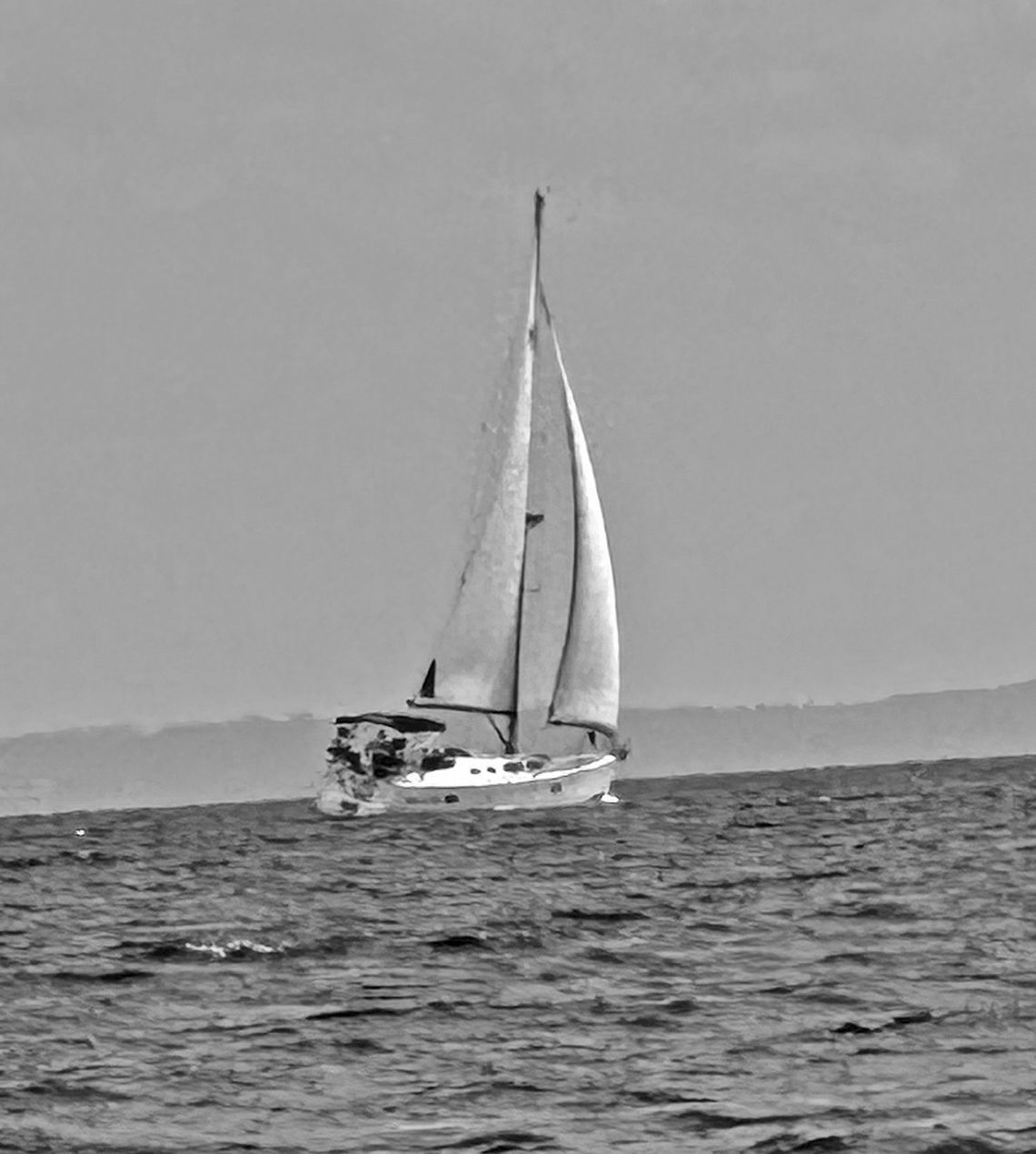The Michigan Department of Environment, Great Lakes, and Energy (EGLE) announced about $3.5 million in grant awards Tuesday, including just under $600,000 to the Watershed Center Grand Traverse Bay. These funds will be used to replace a road-stream crossing on Eleventh Street over Kids Creek in west Traverse City.
Rob Selesky, an EGLE project manager, said that the crossing is misaligned and undersized, constricting water flow in the creek and leading to erosion. Selesky said that erosion is considered a form of nonpoint source pollution — as opposed to point source pollution, which comes from a single identifiable source, like a factory.
“Nonpoint source pollution pretty much deals with everything else: rain, snowmelt, and wind carrying pollutants off the landscape. Nutrients, sentiments, and E coli are the big categories that we’re working with,” Selesky explained.
By replacing the road-stream crossing in Traverse City, the Watershed Center hopes to restore natural flow and sediment transport and protect fish and wildlife. Selesky said that many bridges and culverts, like the one over Kid’s Creek, were not originally placed with natural flows in mind. Instead, architects sought to “get water where it needs to go, the quicker, the better.”
According to the Watershed Center’s project proposal, they expect to begin preliminary design and engineering for the new crossing in October. Their project timeline states that they will replace the crossing by the end of 2026, Selesky said.
The Watershed Center was one of seven Michigan-based organizations that received funds through EGLE’s Nonpoint Source Program grants Tuesday. The other organizations were the Legacy Land Conservancy in Ann Arbor, the Southwest Michigan Land Conservancy in Galesburg, and conservation districts in Grand Haven, Mt. Pleasant, Owosso, and Paw Paw.
The Watershed Center received the second largest funding award at $591,047. The largest funding award went to Shiawassee Conservation District in Owosso at $594,083. Overall, about $3.5 million in Nonpoint Source Program grants were awarded Tuesday.
All these grants are being used to implement priority recommendations in approved watershed management plans, according to the EGLE press release. All projects seek to restore impaired waters and reduce nonpoint source loads of sediment, nutrients, bacteria, and other contaminants.
The seven grants are funded through the Renew Michigan Fund and the U.S. Environmental Protection Agency under Section 319 of the federal Clean Water Act.








